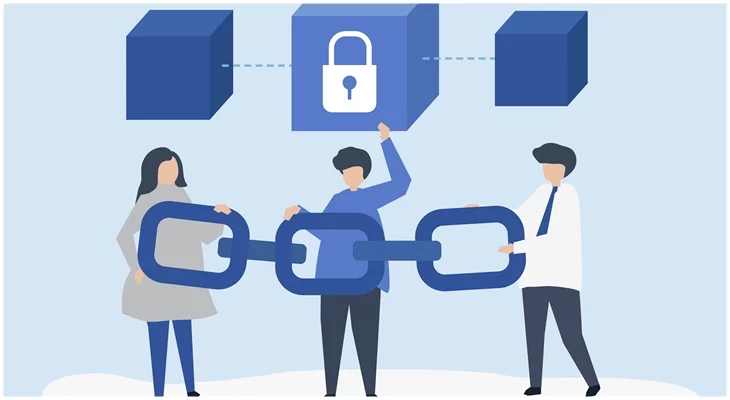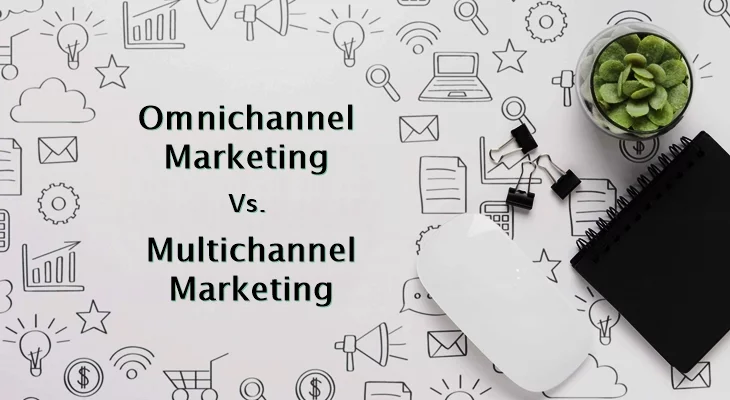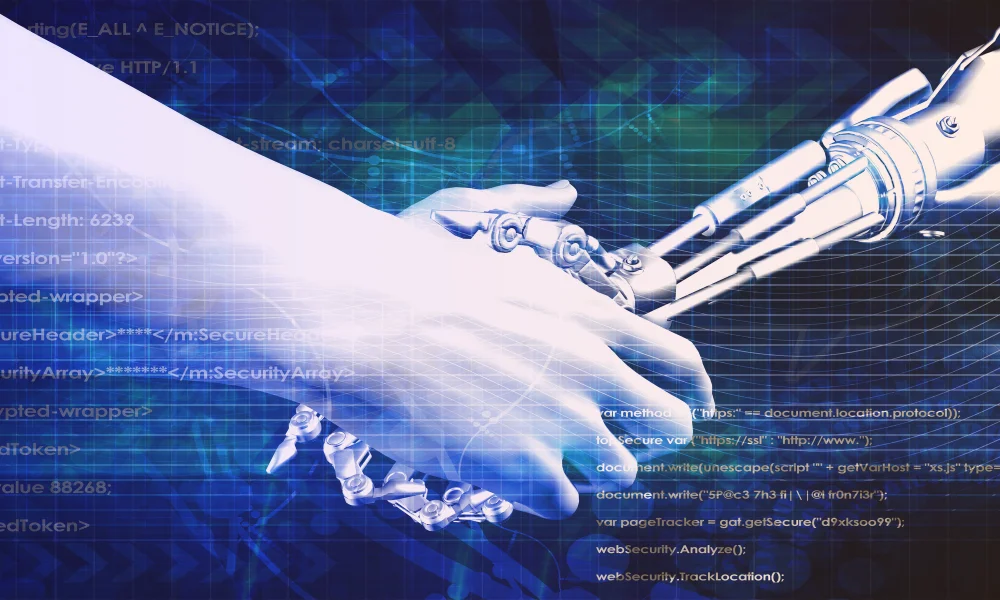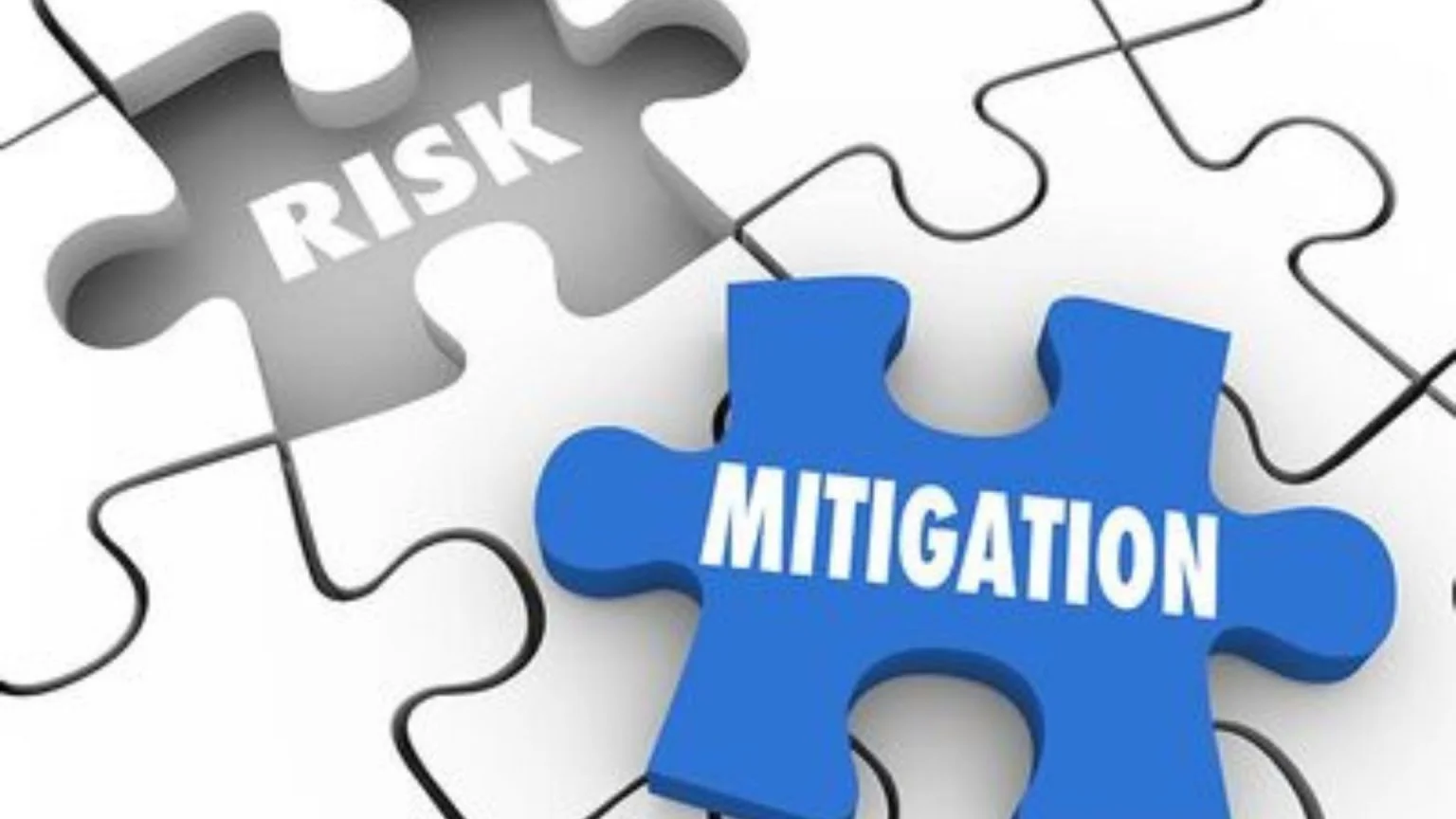Combining blockchain with machine learning has become popular in recent years. It enables individuals to deal with one another through a secure and decentralized system. This eliminates the need for an intermediary. Machine learning can deal with many of the restrictions that blockchain-based systems face. Also, the combination of these two technologies can provide high-performance and valuable solutions.
Combining Blockchain with Machine Learning
Machine learning algorithms offer incredible learning potential. These characteristics can be applied to the blockchain to make it smarter. This connection can enhance the security of the blockchain's distributed ledger. The computing capability of ML can help reduce the time required to determine the golden nonce. It also improves data-sharing routes. Also, we can create many better machine-learning models. Utilizing blockchain technology's decentralized data architecture feature would help in it.
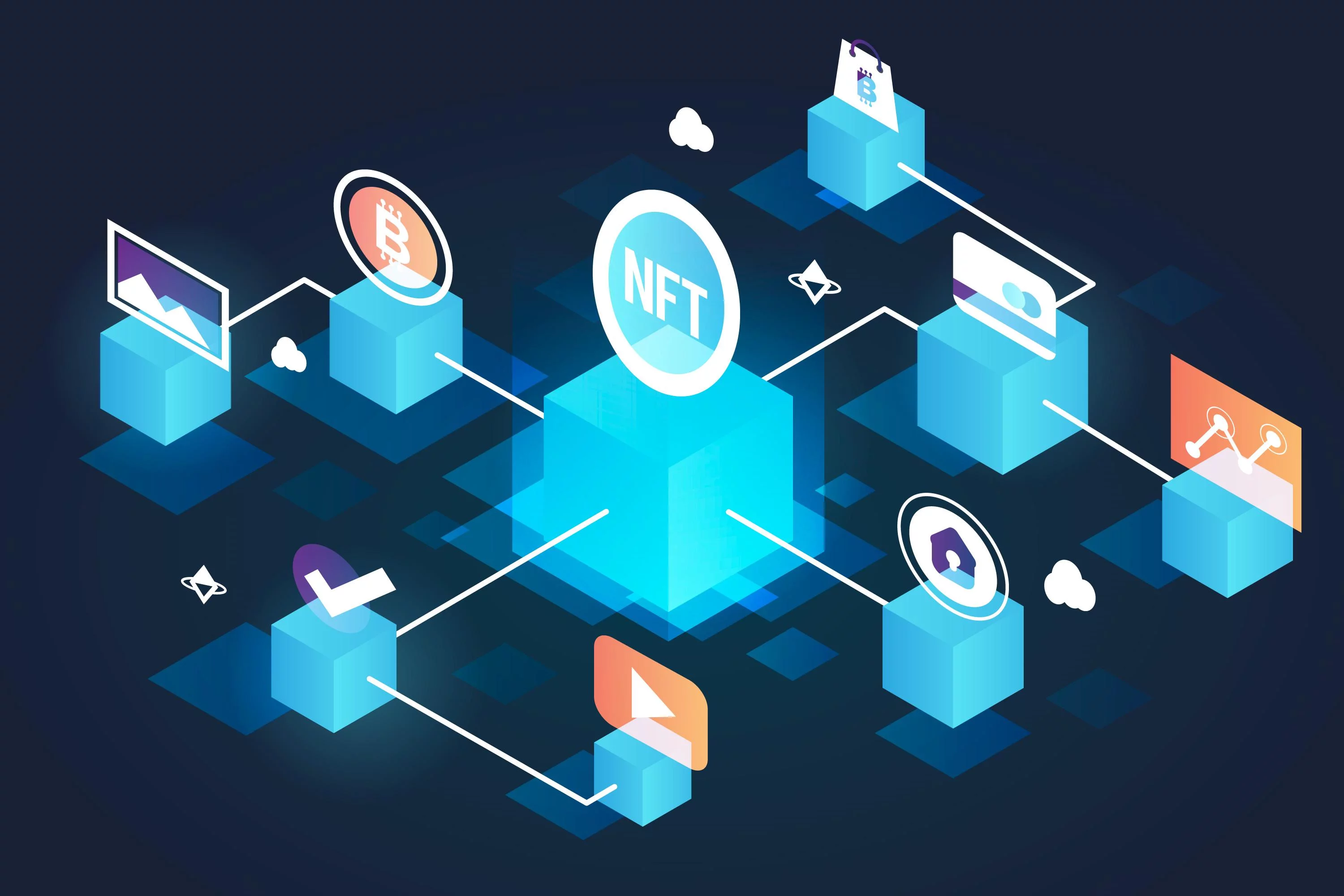
ML models can use the data stored in the blockchain network to make predictions or analyze data. Storing data on the blockchain network also helps reduce ML model errors. The data in the network does not contain missing values, duplicates, or noise. This is also a basic prerequisite for the ML model to provide improved accuracy.
Benefits of Combining Blockchain with Machine Learning
Security
Information in a blockchain is well-protected with intrinsic encryption. A blockchain is also ideal for storing sensitive personal data. The data can be medical records or personalized suggestions. Data is what AI needs on a continual and massive scale.
But, there is another aspect to security enhancements. While the blockchain itself is secure, extra layers and applications are insecure. ML in the banking industry will aid in the implementation of blockchain apps. It will also aid in the prediction of potential system breaches.
Untangling How AI Thinks
People will not use AI if they do not trust it, no matter how good it is. One of the challenges that slowed the adoption of AI is the inability to explain the computer's conclusions. AI can also win public trust faster if the decision-making process becomes recordable.
We can make the computer's thinking process more transparent. This is achievable by leveraging blockchain for artificial intelligence. A distributed ledger records every decision made by AI and makes it accessible for review. Blockchain also makes it certain that the data is tamper-proof from recording to scrutiny.
Access To And Management Of The Data Market
This point links to increased security. New use cases develop as a distributed ledger stores massive amounts of encrypted data. You can store and sell access to your personal data in the blockchain. As a result, marketplaces for data, models, and AI have emerged.
Large players such as Google, Facebook, and Amazon have access to massive amounts of data. This data helps in AI processes, but that information is not available to the general public. With a blockchain, smaller businesses and startups may also compete with tech behemoths. They can gain access to the same pool of information and even the same AI potential.
Combining blockchain with machine learning also improves the way we work with data. Computers process encrypted data by iterating through multiple character combinations in search of the correct one to verify a transaction. Like a human hacker, AI learns and improves its skills with each successful code break. But, unlike humans, AI will not need a lifetime to become an expert.
Improving Energy Consumption
Data mining is an energy-intensive operation. This is one of the modern world's key challenges. Google has demonstrated how ML can address it. They trained the DeepMind AI on historical data from sensors within a data center. Google was also able to reduce energy consumption by cooling its data centers. A similar idea may also help in mining, resulting in decreased mining hardware prices.
Smart Contracts Are Being Improved
Hackers can take advantage of specific technical weaknesses in the blockchain. Smart contracts aren't intelligent enough yet. They are set up to automatically release and transfer funds under specific conditions. To do so, network consensus is a must on the blockchain. Smart contract code is out to the public and can also be evaluated. This means anyone can go through every line of code methodically in search of flaws. AI also helps to verify smart contracts & predict exploitable vulnerabilities.
Improved Customer Service
As we all know, customer happiness is a primary need of every firm that serves clients. We can also make the service efficient and automated. We would also need to enforce a machine-learning model on a Blockchain-based application.
Data Trading
Companies that use blockchain for data trade all over the world can also improve service speed by utilizing the blockchain's ML models. Whereas the ML models' job is to control the data's trading routes. It can also help in data validation and encryption.
Manufacturing of Goods
In the current environment, most organizations have begun to use blockchain-based methods. This also improves productivity, security, transparency, and compliance checks. Moreover, integrating ML helps in generating flexible plans for machinery maintenance at specific times. ML integration can also aid in the automation of product testing and quality control.
Smart Cities
Nowadays, smart cities are helping to improve people's living standards. ML and blockchain technologies also play an important role in creating smart cities. We can also monitor smart homes with machine-learning algorithms and device personalization. Based on the blockchain, it can improve people's quality of life.
Challenges Of Combining Blockchain With Machine Learning
Many unresolved difficulties and challenges remain. Here we examine the unresolved concerns and challenges of ML adoption.
Suitability
If the source of data cannot be trusted and the number of entities in the dispersed system is high, blockchain is a possible option. If speed is critical, a basic database is a preferable choice. Before using blockchain in any application, you need to understand its architecture.
Infrastructure
Many blockchain-based applications enjoy blockchain-specific hardware and network infrastructure. Network management, mining hardware, decentralized storage, and communication protocols are examples of these. Yet, blockchain-specific products are still under research.
Privacy
Data created by devices and saved on the blockchain is accessible to all blockchain nodes. This raises the possibility of a privacy issue for data kept private or confidential. Private blockchains, regulated access, and encryption could help to ease such problems. Yet, the use of ML models on such restricted data imposes limitations on prediction and analytics.
Memory
As fresh blocks get uploaded to the blockchain, their size continues to expand. As a result, all nodes must store the complete chain. This poses a notable memory constraint on these devices. An increase in chain size affects performance as well. Furthermore, storing useless data consumes computer resources. Because blockchains are immutable, storage management is a major concern in most implementations.
Implementation
A large-scale blockchain network necessitates massive transactions. Implementing a blockchain of this volume raises possible concerns. Concerns such as increased demand for internet bandwidth are difficult to manage. As a result, the addition of blocks and transactions must be reduced to meet the inevitable demand.
Conclusion
Combining blockchain with machine learning complements each other excellently. They are the two pillars upon which future breakthroughs will work. Together, these two are bound to provide ground-breaking breakthroughs. Also, they would increase the security of our presence.
There is also a chance to improve security by employing ML and AI to govern the chain. Also, ML enjoys working with large amounts of data. Thus, it presents a chance to build stronger models by leveraging the decentralized nature of blockchains.
You may also like to read:
Top 10 Real Life Applications of Blockchain Technology
How Blockchain improves Logistics : Use Cases
Effect Of Artificial Intelligence As A Service: Service Industry in Focus

